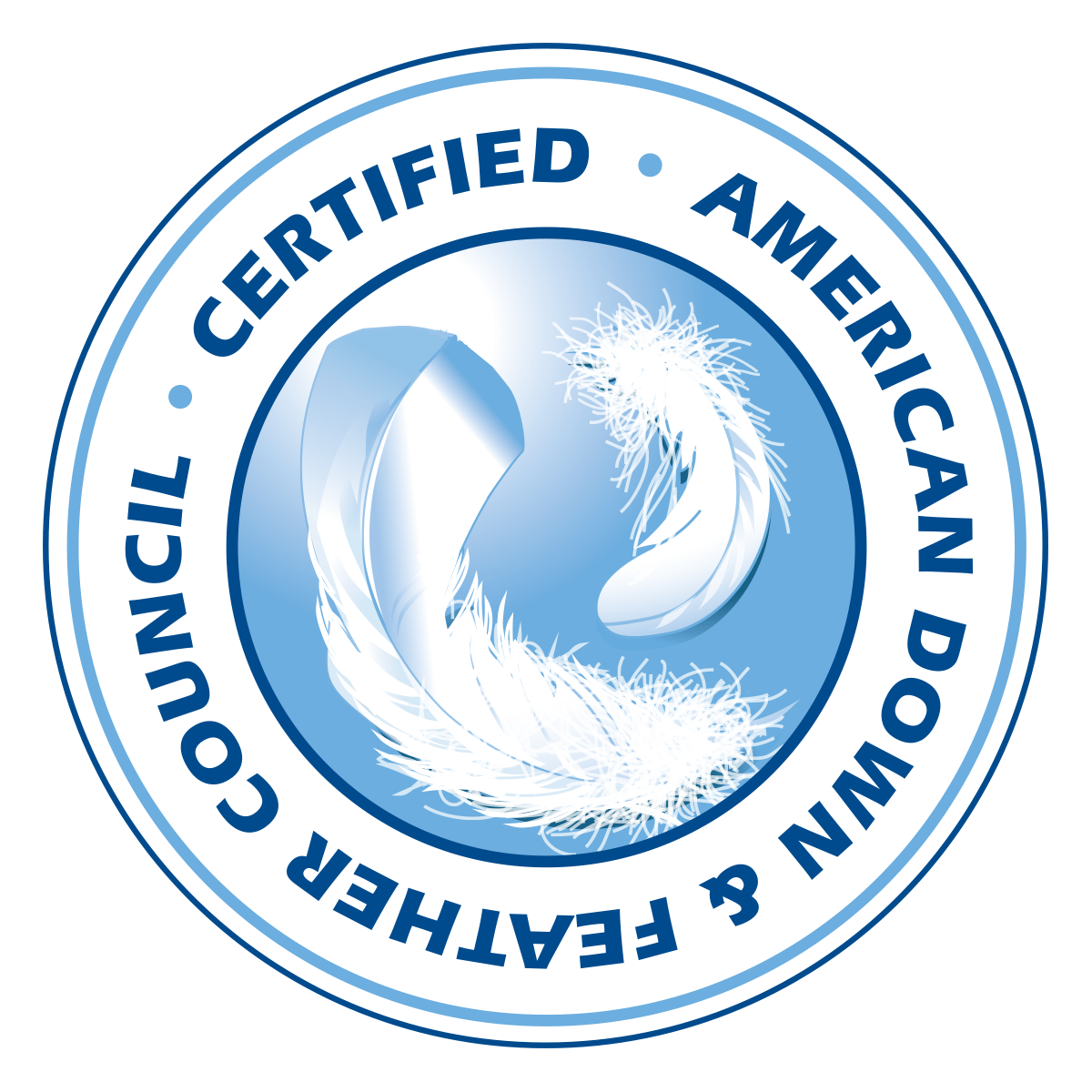Tips for Restless Nights
- Home
- Tips for Restless Nights

The Centers for Disease Control and Prevention (CDC) recommends that children and teens get 9+ hours of sleep a night, and that adults get 7-8 hours. Unfortunately, according to a study in Rand Health Quarterly, a third of the American population reports that they get insufficient sleep. Just by changing a few simple things about your daily routine, you can help improve the quality of your sleep and, in turn, help improve your overall health.
During these trying and stressful times while most of us are at home due to the coronavirus pandemic, some may experience restlessness at night or altered sleeping patterns. The American Down and Feather Council (ADFC) provides this page as a resource for those looking for tips on how to help you get a natural, healthier night’s rest.
Sleeplessness affects many and impacts day-to-day life. According to a Consumer Reports survey, 27% of those surveyed have trouble falling asleep or staying asleep most nights; an estimated 164 million Americans struggle with consistent sleep at least once a week. Sleep deprivation can ultimately put your health at risk if it’s not addressed. Sleep is your body’s time to recuperate, so the less quality sleep you get, the less time your body has to do what it needs to keep you healthy.
For more information on getting a healthier night’s sleep with down & feather, and for helpful fact sheets and infographics, visit our Healthier Sleep page.
Down & Feather Terminology
Learn more about the down & feather terminology
Frequently Asked Questions
Have questions about down and feather?

